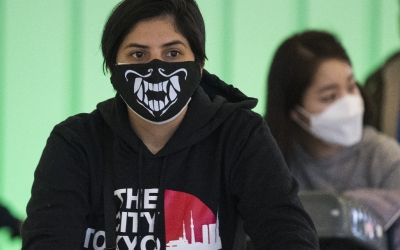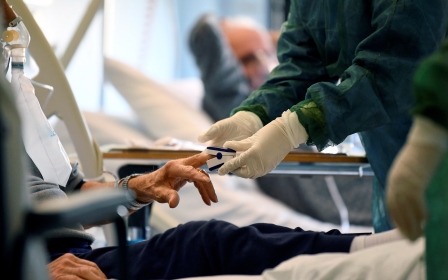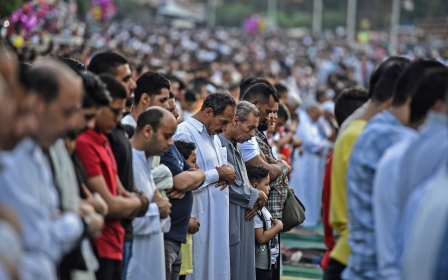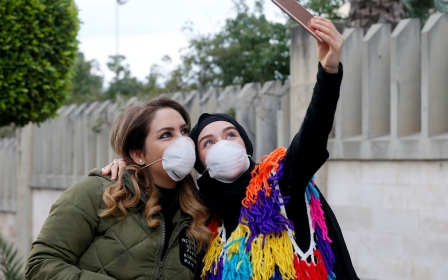Debunking five social media myths about Muslims and coronavirus
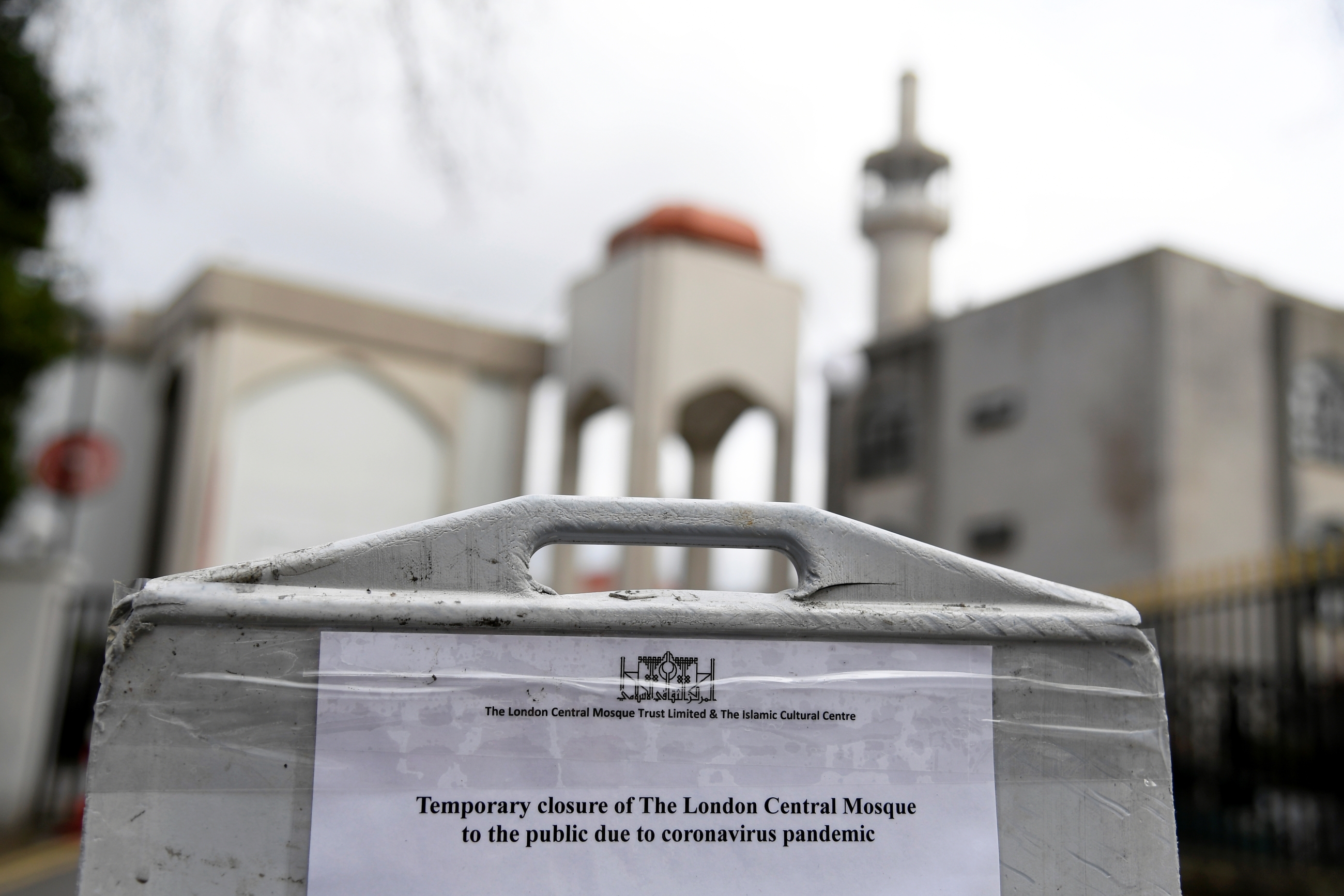
Muslims have become a target of hatred on social media in the context of the coronavirus pandemic, with a wave of conspiracy theories, memes, fake posts and hateful rhetoric.
We already knew that a third of British people believe the myth of “no-go zones” for non-Muslims, and we have seen inaccurate reports suggesting that a fifth of British Muslims have “sympathy for jihadis”. This is just part and parcel of society’s discrimination against Muslims. More than a third of people in the UK believe Islam is a threat to the British way of life.
Islamophobic sentiments are formed because of racist stereotypes about Muslims. And today, amid the Covid-19 crisis, new disinformation is emerging on social media to blame Muslims for the global spread of the disease. Here are five of the most shocking myths, as identified by myself and my colleague, Roxana Khan-Williams.
1. Muslims are Covid-19 super-spreaders
Some social media users are inaccurately suggesting that Muslims are super-spreaders of the novel coronavirus. One user complained about a mosque in the town of Shrewsbury remaining open, and demanding that police address this - only to have police respond that there was, in fact, no mosque in Shrewsbury.
New MEE newsletter: Jerusalem Dispatch
Sign up to get the latest insights and analysis on Israel-Palestine, alongside Turkey Unpacked and other MEE newsletters
Such misleading assumptions are based on a view that Muslims are deliberately spreading the virus. Yet, last we checked, the NHS guidance on coronavirus did not contain anything about how Muslims or other minority groups were spreading the virus.
In fact, the guidance advises people to stay at home and wash their hands with soap and water often, for at least 20 seconds, and to use hand sanitiser if soap and water are unavailable. As washing the hands is an Islamic ritual, this suggests Muslims would not be super-spreaders.
2. Muslims are secretly praying in mosques and infecting us all
Another example of how latent stereotypes emerge and spread quickly is the notion that Muslims are secretly praying in mosques, with the ultimate aim of reaching utopia in an external paradise. This type of “othering” creates the perfect breeding ground for far-right groups to spread disinformation.
3. Ramadan will increase infections of Covid-19.
With the holy month of Ramadan nearly upon us, another conspiracy theory to emerge is that Ramadan will become an infection hotspot, as Muslims go out to pray and eat together.
In fact, one thing Ramadan teaches Muslims is the importance of helping those most in need. In my community, for example, people have left their homes for compassionate reasons, to deliver food packages to NHS workers fighting the virus on the front lines.
4. Muslims are breaking lockdown rules.
One of the fake news stories with particular ramifications for Muslim communities has been the suggestion that Muslims are flouting social distancing measures.
In one of the more shocking examples, a tweet apparently showed Muslims praying on the streets of London, ignoring social distancing rules. The story was quickly debunked, as the picture had been taken several weeks prior to the lockdown.
5. Mosques are still open
Mosques are not open. Like other places of worship, including synagogues and churches, they have been closed due to Covid-19. Yet, some users on social media, like the former leader of the English Defence League, Tommy Robinson, believe otherwise.
He shared a video on the social media site Telegram showing Muslim men leaving a secret mosque in Birmingham in Small Heath to pray, with the video being watched at least 10,000 times. According to West Midlands police: “Although we can confirm the footage was filmed in Small Heath, our officers have conducted enquiries and are satisfied that the mosque is currently closed.”
Endangering the lives of other people goes directly against the Islamic principle of saving lives. In addition, evidence suggests that people from black and minority ethnic backgrounds have been disproportionately impacted by Covid-19.
Yet, the social media echo chamber has become entrenched, leading to the spread of Islamophobia - even as Muslim doctors and nurses continue to lose their lives protecting ours.
It’s time the far-right finally admits that Muslims are not a disease, but a vital part of British society.
The views expressed in this article belong to the author and do not necessarily reflect the editorial policy of Middle East Eye.
Middle East Eye delivers independent and unrivalled coverage and analysis of the Middle East, North Africa and beyond. To learn more about republishing this content and the associated fees, please fill out this form. More about MEE can be found here.



